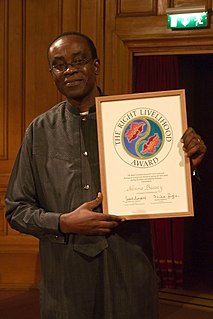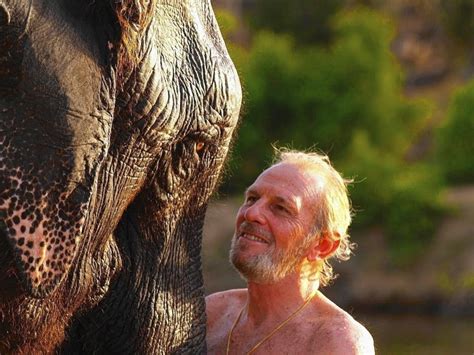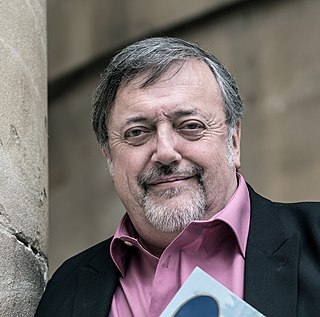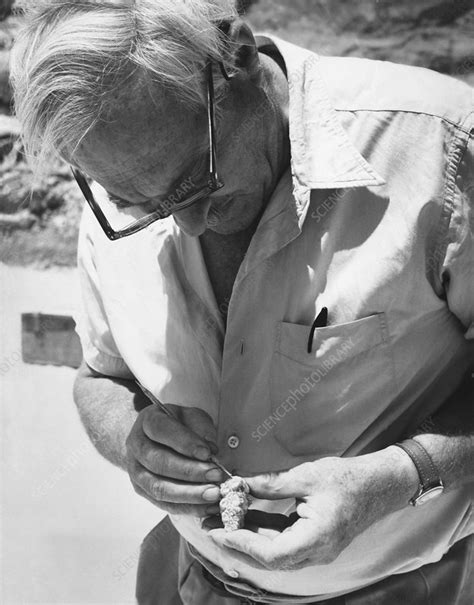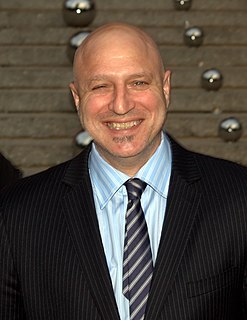A Quote by Nnimmo Bassey
Biotech crops are not a solution to solve hunger in Africa or elsewhere.
Related Quotes
A decade ago, critics suggested biotech crops would not be valuable in the developing world. Now 90 percent of farmers who benefit are resource-poor farmers in developing countries. These helped alleviate 7.7 million subsistence farmers in China, India, South Africa, the Philippines from abject poverty.
The majority of small-holder farmers in Africa are women and, in urban areas, you're primarily looking at women-led households. So we can't solve hunger if we don't have gender-sensitive programming that addresses access to opportunities for women, whether it's through education or tools for cooking, like solar-powered stoves.
One of the reasons why I've written The Challenge for Africa is to save it. Surely there are so many problems we can solve in Africa, but first and foremost, we need a government that feels responsible to protect their own people from the exploitations, from the misuse, from the mistreatment that they can easily get.
